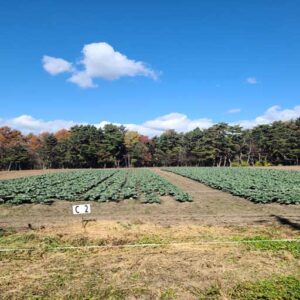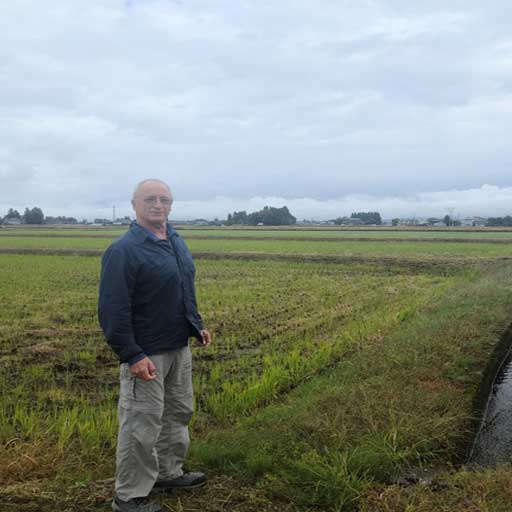Details
What is the purpose of this blog and how we hope it will help agricultural markets worldwide.
This blog site on the Chris Van Hook, Attorney website is going to be a global exploration of agriculture, agricultural handling and retail presentations. How did this begin, what is the purpose, and where will we start.
The idea for this blog site began a few years ago after a life long career in agriculture and food production. Field work and experience moved into becoming one of the first USDA National Organic Program (NOP) Accredited certification companies. What does this mean, and how did this lead to this blog?
There are only (approximately) 84 fully USDA NOP accredited certification companies globally. That is companies that are accredited by the USDA to travel to farms of all types, food processors and handlers and if appropriate after a through review and inspection process, to issue that farm, handler or processor a USDA NOP certification. This certification allows the farm, handler or processor to label products that meet the requirement as “Organic”. This organic designation can often mean the difference between success and failure of a farm, by receiving higher farm prices, and entrance into global organic markets. This program started in 2004 has grown into a global market worth tens of billions of dollars. Everything from apples to zucchini is now being grown, handled and in some cases processed as organic.
What this blog attempt to do over the series is to pen the readers eyes to agriculture around the world, market demands around the world and to highlight areas where organic markets might be expanded. Thus a goal is to increase commerce for United States farmers and processors into global markets, but to also assist other developing markets to grow in both the conventional as well as the organic marketplace. Let me explain: I have often visited organic cherry packing houses in the California Central Valley. This “bread basket of the world” a few weeks a year packages and ships the entire region’s cherry harvest. It is crucial that the cherry industry understands what the buyers of foreign countries are looking for. How those requirements might vary between countries, or even with different markets within the same foreign country.
Let use Japan as an example. My travel to Japan has clarified for me the high value the Japanese markets place on visual presentations, and near perfect fruit. The highest quality fruits, packaged attractively, will command high prices and will be met with an almost insatiable demand. High quality produce flies off of the market shelves. Gifts are an important part of Japanese culture, and food is a very common gift. When presented as a gift, the packaging must be near perfect, the fruit must be near perfect, or the gift is quickly considered almost an insult to the receiver. Therefore almost impractically perfect standards are required for the “gift giving” category of retail fruits.
There are however the mass of Japanese consumers that purchase below the “gift giving” category for their homes, budgets and families. In this category price is a big factor in sales, and produce from the United States is priced lower than a similar product grown in Japan, or of the “gift giving” category.
This is not to say the lower priced produce can be unattractive, or poorly packaged. In general, throughout Japan, and throughout the price categories, it was all presented in better condition than the vast majority of produce in the United States. There are few open bins where a consumer can rummage through the produce, damaging the produce as they pick through it, oh no. Nearly all produce of all price categories is pre packaged. This on one hand seems to use more packaging materials, but on the other hand it seems to result in far less discarded produce at the retail level.
Regardless, it is important for a farmer, handler, or processor to know what market they are targeting, and to meet those standards. That is the purpose of this blog, and that is why you, the reader should travel along with me on this epic, global adventure touring agriculture, food handling and processing. To better understand those markets, to better prepare for those markets and to get your products sold into the global market place. Unsold produce is well…. just very expensive compost.
We will see you along the way!
Chris Van Hook
Chris Van Hook is an agricultural attorney working primarily in the USDA NOP regulations worldwide. He is based out of Northern California, has been in agriculture his entire life, attending law school in his mid 40’s. Email Chris with any comments or questions at: [email protected]


